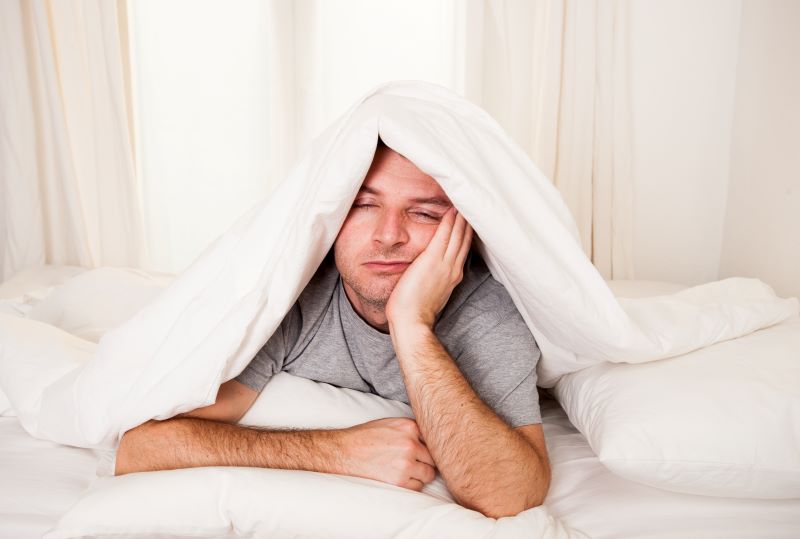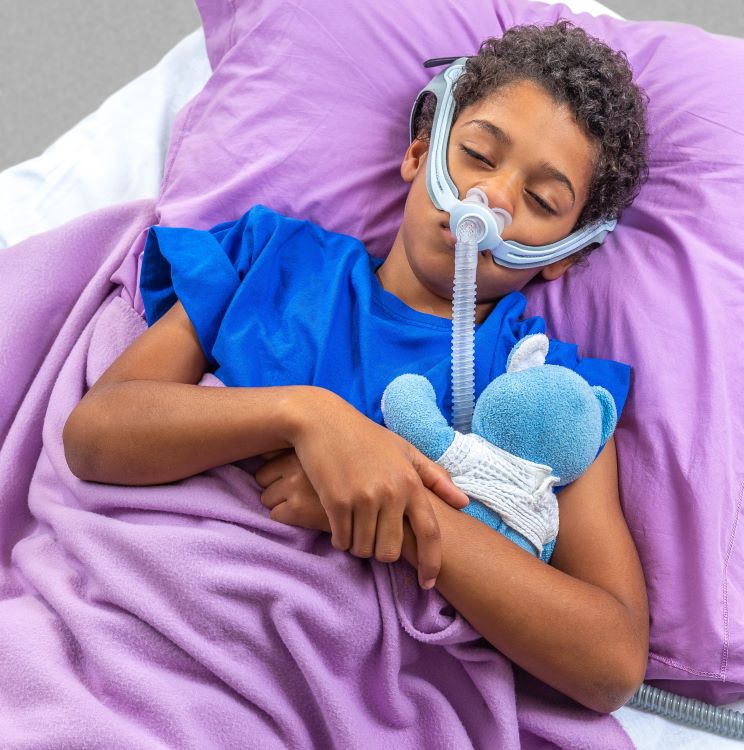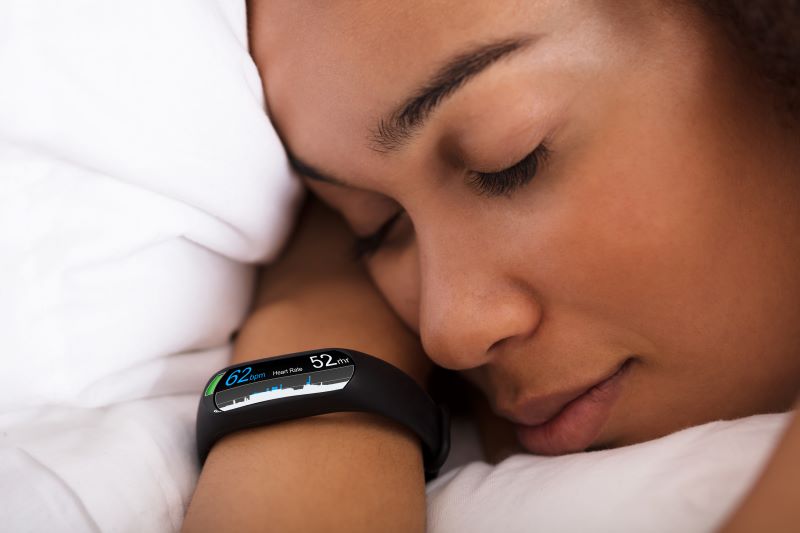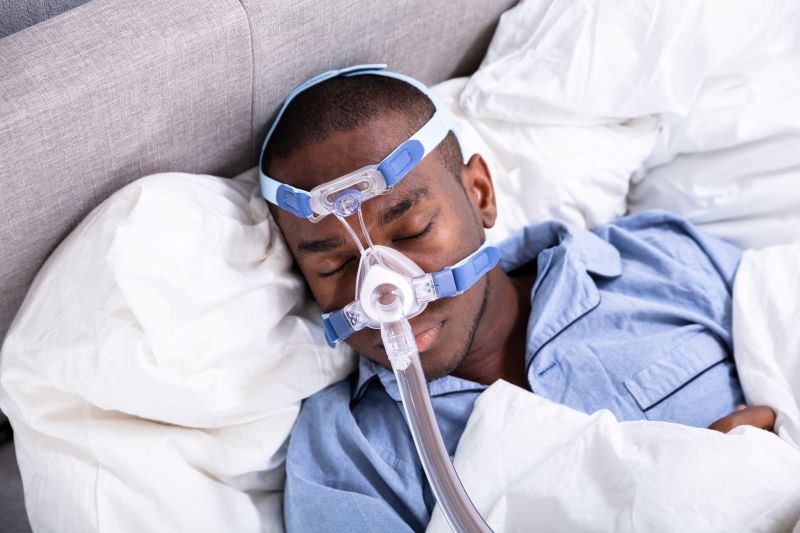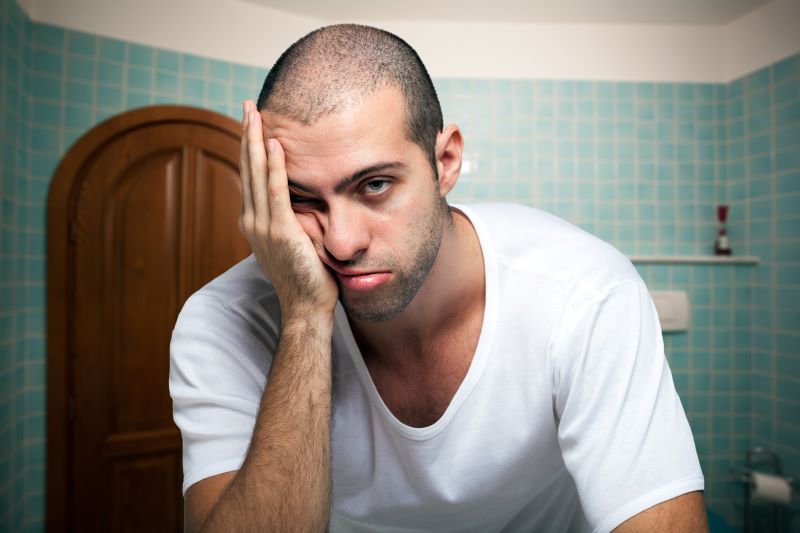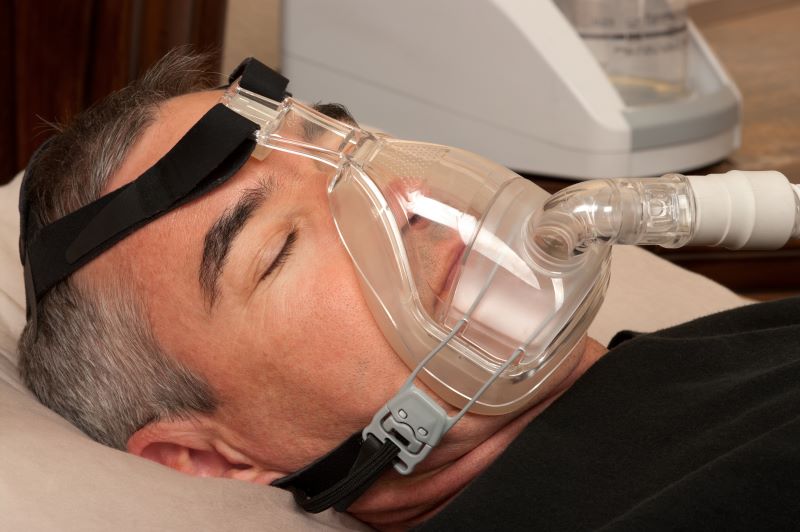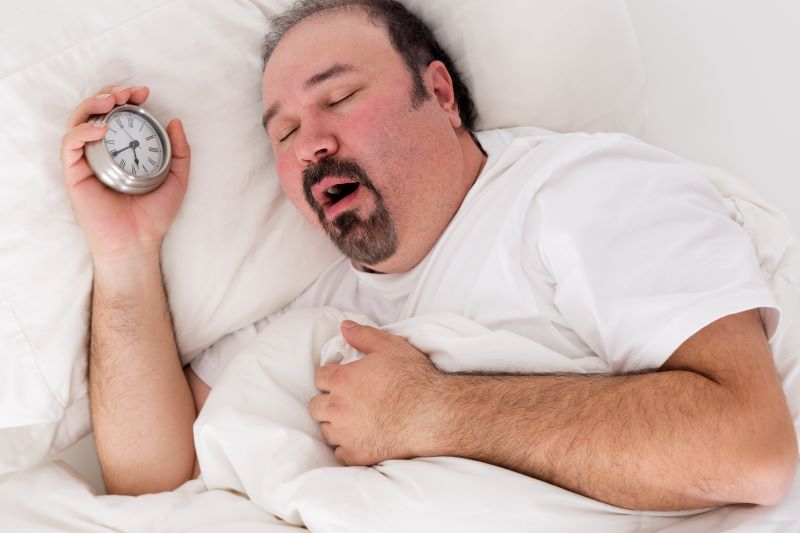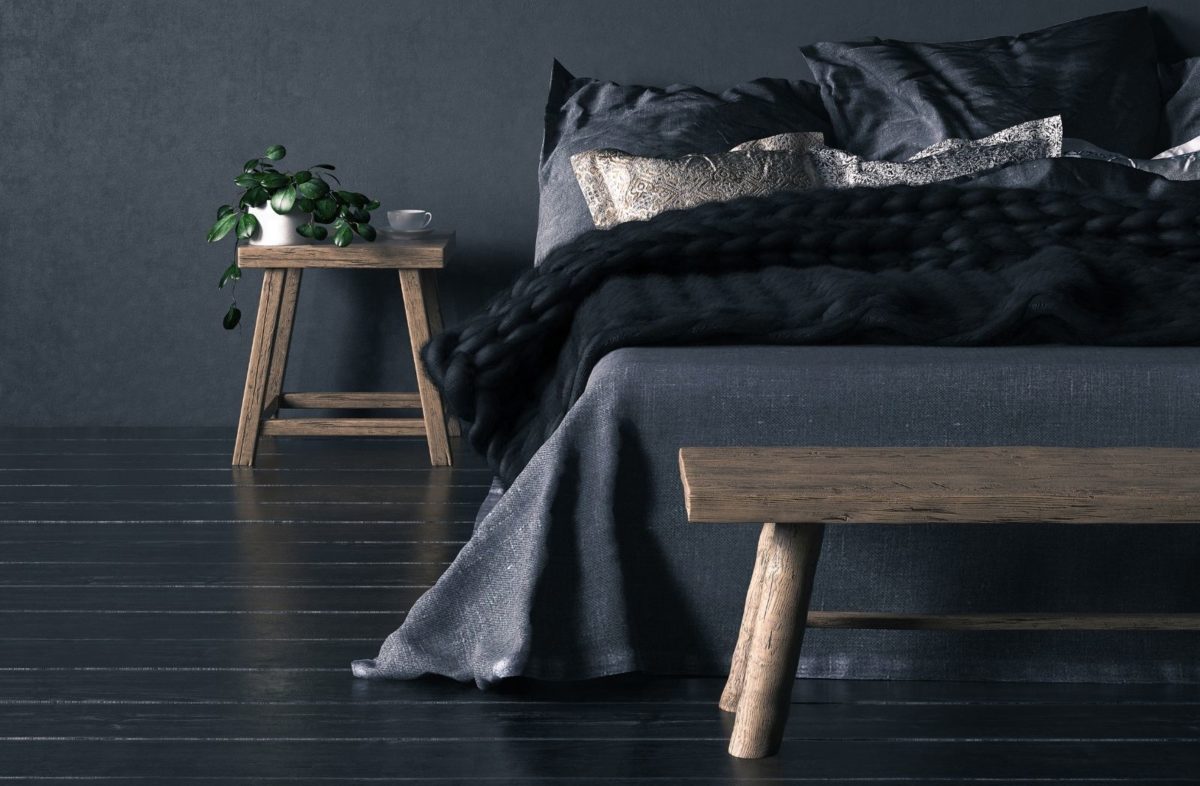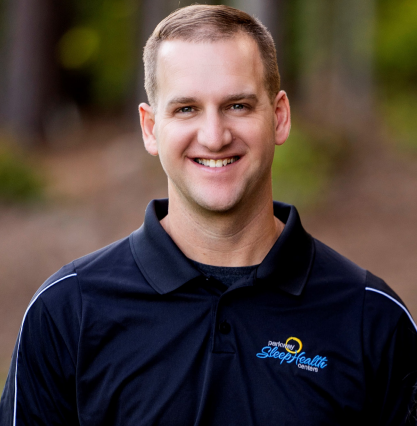Sleep apnea, a widely encountered sleep anomaly, affects your overall health. Grasping the indications and symptoms linked to this disorder paves the path toward early diagnosis and prompt treatment. In this thorough review, we shall navigate the diverse manifestations of sleep apnea and the significance of identifying these indicators.
What is Sleep Apnea?
Sleep apnea is when someone’s airway is obstructed while they’re asleep. People who suffer from this disorder might exhibit loud snoring interspersed with moments of silence, struggle for breath, and display labored or superficial breathing. These respiratory challenges significantly compromise the quality of your slumber and overall health.
Signs of Sleep Apnea
A distinguishing trait of sleep apnea is daytime lethargy, regardless of a whole night’s sleep. It might be difficult to remain awake during activities that demand little movement, and a persistent sensation of fatigue might dominate the day. This enduring fatigue affects your efficiency, focus, and overall life quality.
Sleep Apnea Signs After Waking Up
Waking up with recurrent morning migraines or a dry and sore throat may signal sleep apnea. The intermittent cessation of breath during sleep can cause a drop in oxygen levels, resulting in morning migraines. Sleep apnea can also lead to mouth breathing, culminating in oral dryness and throat discomfort.
How Sleep Apnea Influences Focus and Behavior
Sleep apnea can cast a significant shadow on cognitive capacities and emotional states. Affected individuals may grapple with problems relating to focus, remembering things, and overall cognitive efficacy. Furthermore, disrupted sleep patterns can give rise to irritability, mood fluctuations, and even symptoms of depression or anxiety.
Sleep Apnea and Associated Health Concerns
Sleep apnea encompasses more than just respiratory and sleep disturbances, potentially contributing to other health complications. Nocturia, characterized by a frequent need to urinate at night, often goes hand in hand with sleep apnea. Restive sleep, nocturnal perspiration, and motor-related problems such as periodic limb movement disorder may also be noticed. Sleep apnea can adversely impact sexual function and desire, leading to issues in intimacy and relationship strains.
The Dangers of Untreated Sleep Apnea
Sleep apnea can wreak havoc on your overall health and well-being if left unaddressed. Respiratory difficulties and sleep disruption can translate into chronic fatigue, cognitive function decline, and mood instability. It is, therefore, imperative to acknowledge the signs and symptoms to deal with this disorder effectively.
Sleep Apnea Treatment
The initial step in tackling sleep apnea involves the recognition of signs and symptoms. If you or someone close to you experiences respiratory challenges, daytime lethargy, morning migraines, or other related symptoms, it becomes crucial to seek medical guidance. Medical professionals can carry out assessments, including sleep studies, to confirm the diagnosis of sleep apnea.
Several treatment options are available based on the severity and personal needs. Continuous Positive Airway Pressure (CPAP) therapy is the most common treatment. For more severe cases, surgical interventions may be an option. Addressing sleep apnea can enhance your sleep quality, rejuvenate energy levels, and diminish the risk of related health complications.
Sleep apnea encompasses respiratory difficulties, sleep disruption, and loud snoring. Daytime lethargy, morning migraines, and oral dryness are typical symptoms. Cognitive deficits, mood instabilities, nocturia, restless sleep, and sexual dysfunction can also be linked. Acknowledging the signs and symptoms is crucial for early diagnosis and proper treatment. Treatment modalities include CPAP therapy, oral devices, lifestyle alterations, and in extreme cases, surgery.
Identifying the signs and symptoms of sleep apnea marks the first stride towards improved sleep and overall health. Awareness of these symptoms, from respiratory difficulties and sleep disruption to daytime lethargy, morning migraines, and more, can pave the way for early diagnosis and effective treatment. Don’t hesitate, seek medical guidance, and regain control of your slumber and life.
Parkway Sleep Center
Are you experiencing the signs and symptoms listed in this article? Parkway Sleep Center can help. Our team can evaluate your sleep and develop a treatment plan that will have you getting a restful night’s sleep quickly. Contact us at 919-439-3463 and schedule an appointment today.


